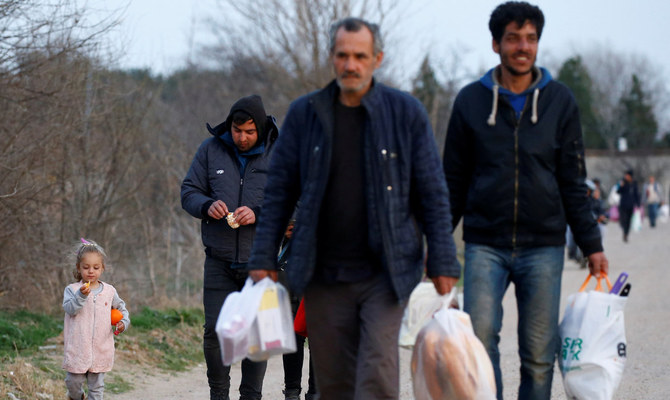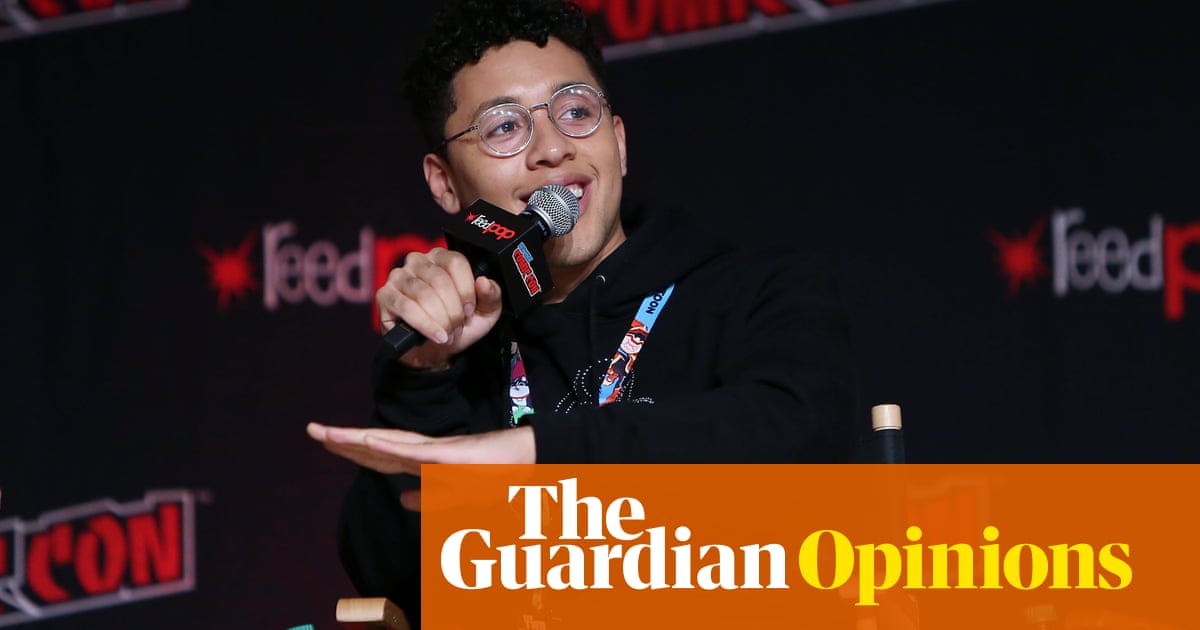
After a troubled 2021, forecasts across the Middle East and North Africa region are plentiful, and colored in a familiar palette ranging from promise to dread. New opportunities continue to flourish even in the midst of successive pandemic waves and other global challenges, such as a warming planet or intensifying great power rivalry.
Of greater concern, however, are mounting regional tensions, and the numerous localized difficulties as Arab countries try to settle into a “new normal” that seems to point toward greater Arab cohesion, sparked by accelerating American disengagement.
What that “normal” is will vary by country, but at a regional level America’s disinterest has catalyzed alternative forms of engagement to manage conflict and resolve tensions among even the bitterest of rivals. There is some hope that dialogue, new forms of diplomacy, and even outright rapprochement will fare much better than force of arms in extraterritorial battles that only sow woes rather than reap geostrategic gains. On a broader level, this new trajectory promises much in terms of the enduring stability and peace that have always been elusive across the MENA region, and perhaps explains why there is so much optimism.
But there is a problem.
There has been a stunning shift in the global community’s normalization of malign actors in some of the world’s most volatile regions. It emerged in Syria, and is fast permeating conflict resolution processes in other hotspots across the region.
What were once protracted civil wars — tragic remnants of lost aspirations from a decade ago — have stalled, since there are no diplomatic or military solutions to settling differences among warring factions. However, to neighboring states, the region, and the world beyond, continued instability in the absence of a political settlement poses just as much as risk as the resumption of hostilities. Thus, instead of using the lull in fighting to push for inclusive dialogue, what the world community and parts of the region have elected to do is to rehabilitate harmful actors and re-engage with known war criminals.
In Syria, US policy is clearly one of non-confrontation with the Assad regime despite being a principal backer of the anti-Assad Syrian Kurds. It goes even further. Washington did not oppose Syria"s election to the World Health Organization"s executive board in May, nor did the White House reject Interpol’s reintegration of Syria into its information exchange network in October. Despite Interpol’s assurances, reintegrating Syria could still lead to the abuse of the organization’s “red notices” to hunt the regime’s critics, from the political opposition to journalists, and human rights activists anywhere in the world.
Furthermore, while unprecedented forms of cooperation are required to solve Lebanon’s numerous woes, it is illogical to include Syria in a US-facilitated energy deal whereby Damascus would also receive foreign energy. Stranger still, the Biden administration is exploiting loopholes in the sanctions on those responsible for human rights abuses against Syrian civilians.
In addition to back-channel negotiations with Russia over Syria, the Biden administration has also lifted some restrictions on financial engagements with the Assad regime, opening the floodgates for funding that goes well beyond the country’s humanitarian needs and may benefit the regime. It is a shocking about-face from insisting the regime be held accountable for gross human rights violations to elevating its status via active cooperation and engagement.
This strange coddling of malign actors is not unique to Syria. In Libya, a notorious warlord accused of war crimes could become a frontrunner in now postponed presidential elections. It caps a four-year rehabilitation of Khalifa Haftar, leader of a militia he calls the Libyan National Army — an anti-government insurgency — as a credible, legitimate voice in Libya"s political future.
His participation in the raft of conferences on Libya are often touted as the only serious attempts at resolving its endless conflict and political malaise. However, the more the global community embraces Haftar, the further it emboldens his insurgency against the UN-recognized government in the west, which culminated in a failed assault on the capital between 2019 and 2020. In 2021, this continued embrace granted carte blanche to an unperturbed Haftar and his chief political ally, Aguila Saleh, to essentially write the very law that will govern the elections they hope will lead to their ascent to power. The world must recognize that a power-sharing agreement between militias east and west of the country is not going to solve the Libyan crises.
Similar developments are underway in Lebanon, which remains crippled by an immovable political class resistant to much-needed reforms that would hopefully divorce the state from Hezbollah, and restore the country"s long-lost luster. Iran-backed Hezbollah has been blocking cabinet meetings since October, demanding the dismissal of the judge investigating the August 2020 Beirut port blast. However, in a country facing the worst economic disaster since the mid-19th century, with over 80 percent mired in poverty, and where child labor has doubled in the last year alone, the international community does not appear moved to ratchet up pressure on Lebanon"s political elite.
Perfunctory sanctions and ineffectual asset freezes have not resulted in any momentum on reforms, or shaken the establishment enough to revisit the well known causes of Lebanon"s political ills. The next chance for the Lebanese to make a change is the parliamentary elections in May, but with an immovable ruling elite and a largely uninterested international community, there is little hope of any meaningful change. Clearly, despite the enormity of the allegations against these malign actors, the world has decided that re-engagement is a more realistic approach than intervention.
Proponents of this kind of normalization will point to significant strides in peacebuilding. However, the coddling of harmful actors will merely embolden others to escalate their activities, exacerbating humanitarian crises and threatening regional security and stability.
In Afghanistan, no threats, inducements or the risk of imminent collapse have persuaded the Taliban to cut ties with Al-Qaeda, complicating relief efforts and threatening long-term stability. If the creeping normalization of malign actors becomes the norm in 2022, even the Taliban may get a pass — just as Abdel Fattah Al-Burhan has faced no consequences for the coup that derailed Sudan’s democratic transition. He still remains a central figure in Sudan’s fractious political landscape, despite having dismissed civilian bureaucrats and replaced them with Bashir-era veterans.
In Iraq, pro-Iranian political groups are demanding inclusion in some form of national consensus government. In it, however, senior officials would be answerable to their party leaders first, and then the prime minister. Should the Sadr bloc fail to form a credible government with a clear mandate, the heavily armed pro-Iranian bloc are prepared to disrupt the whole processes.
To a conflict-fatigued region and a wary global community, the cheap way out is normalization, and acceding to the demands of Iran-backed militias — but this will just open up space for Tehran to continue meddling in Baghdad’s governance, which does not bode well for Iraq’s stability, sovereignty and economic re-emergence.
Hafed Al-Ghwell is a senior fellow with the Foreign Policy Institute at the John Hopkins University School of Advanced International Studies. Twitter: @HafedAlGhwell
Disclaimer: Views expressed by writers in this section are their own and do not necessarily reflect Arab News" point-of-view











